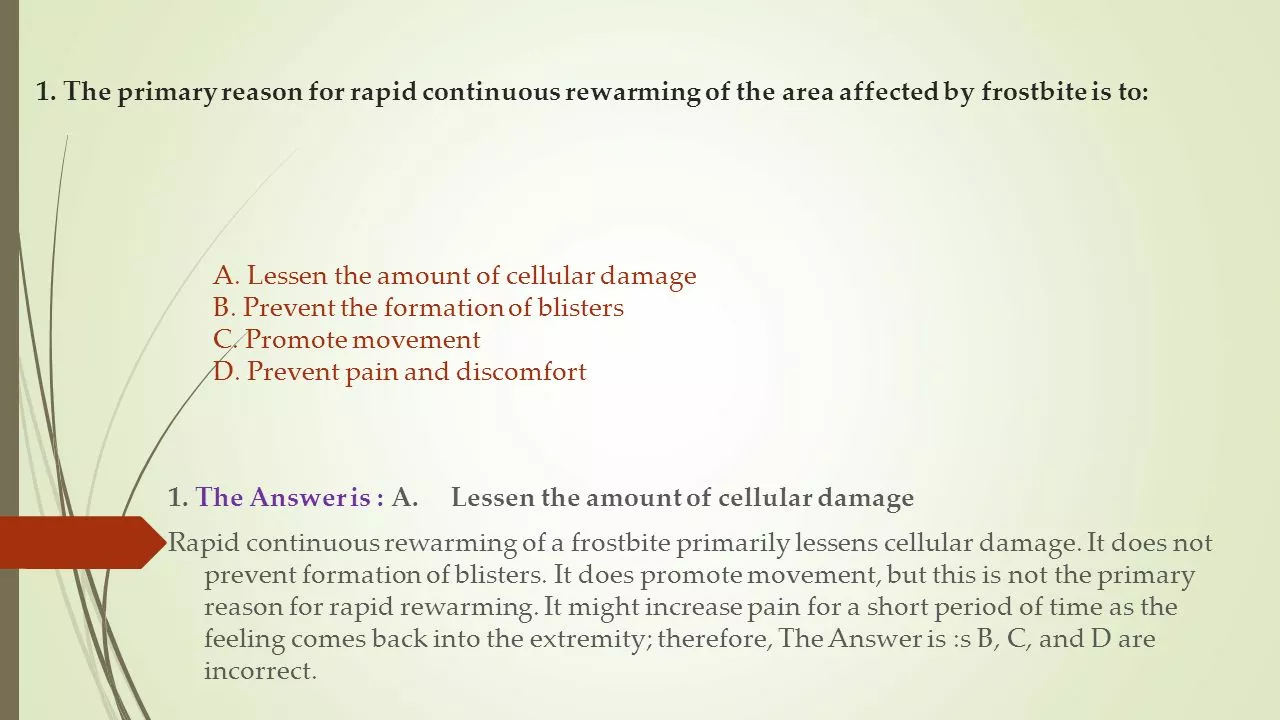dosulepin — what it is and why it matters
Dosulepin (also called dothiepin in some countries) is a tricyclic antidepressant that can help with major depression and some types of chronic pain or sleep problems. It’s effective for many people, but it carries risks that make careful use important. If you or someone you care about has been prescribed dosulepin, this page gives plain, practical facts you can use in a conversation with your prescriber.
How dosulepin works and when it’s used
Dosulepin boosts levels of certain brain chemicals that affect mood and pain signals. Doctors may choose it when newer antidepressants haven’t worked or when a patient also has nerve pain or trouble sleeping tied to depression. It doesn’t act instantly — most people notice changes over several weeks. If you’re starting dosulepin, plan to check in with your clinician early and regularly to track benefits and side effects.
Key safety points, side effects, and tips
Dosulepin can cause dry mouth, blurred vision, constipation, drowsiness, and a faster heartbeat. It can also affect blood pressure and may not be safe for people with certain heart problems. Overdose risk is higher with tricyclics than with many newer antidepressants, so keep pills in a secure place and follow dosing instructions exactly. Mixing dosulepin with alcohol or some other medicines can be dangerous — always tell your doctor about every drug and supplement you take.
Stopping dosulepin suddenly can lead to withdrawal symptoms like agitation, flu-like feelings, or sleep trouble. If you need to stop, your prescriber should give a gradual taper plan. If you notice new or worsening thoughts of self-harm, chest pain, fainting, severe shakiness, or very fast heartbeat, get medical help right away.
For people planning pregnancy, breastfeeding, or with certain medical conditions (heart disease, seizure history, glaucoma, urinary problems), dosulepin may not be the best choice. Discuss alternatives and safety monitoring with your clinician. Simple checks like blood pressure, heart rhythm tests, and review of other medicines help reduce risk.
Want practical steps? Keep a side-effect diary for the first few weeks. Note mood changes, sleep, appetite, and any odd symptoms. Bring that list to follow-up visits. If a side effect is mild, your doctor may adjust timing or dose; if it’s serious, they may switch drugs.
We have related articles that explore antidepressant alternatives, new research on antidepressants and brain recovery, and guidance on switching meds safely. Use those reads to prepare questions for your provider so you can make a treatment choice that fits your life and health needs.

Dosulepin for Depression: How It Works and What to Expect
As a blogger, I recently came across the antidepressant medication Dosulepin and I wanted to share my findings with you all. Dosulepin works by increasing the levels of serotonin and norepinephrine in our brains, which helps elevate our mood and alleviate depression symptoms. If you're considering this medication, it's important to note that it may take a few weeks to see noticeable improvements. Some common side effects include drowsiness, dizziness, and dry mouth, but these should subside as your body adjusts to the medication. Remember, always consult your doctor before starting any new medications to ensure it's the right fit for you.
© 2026. All rights reserved.
